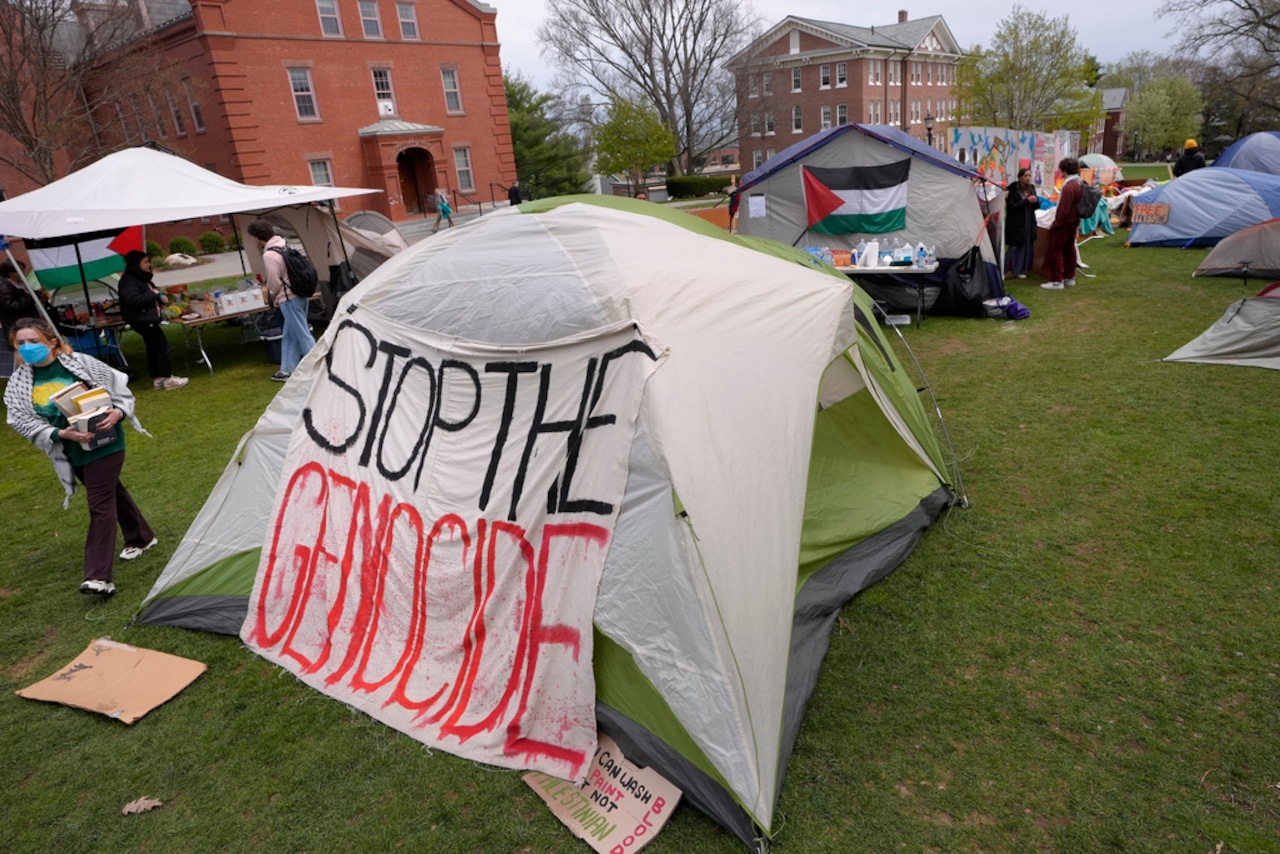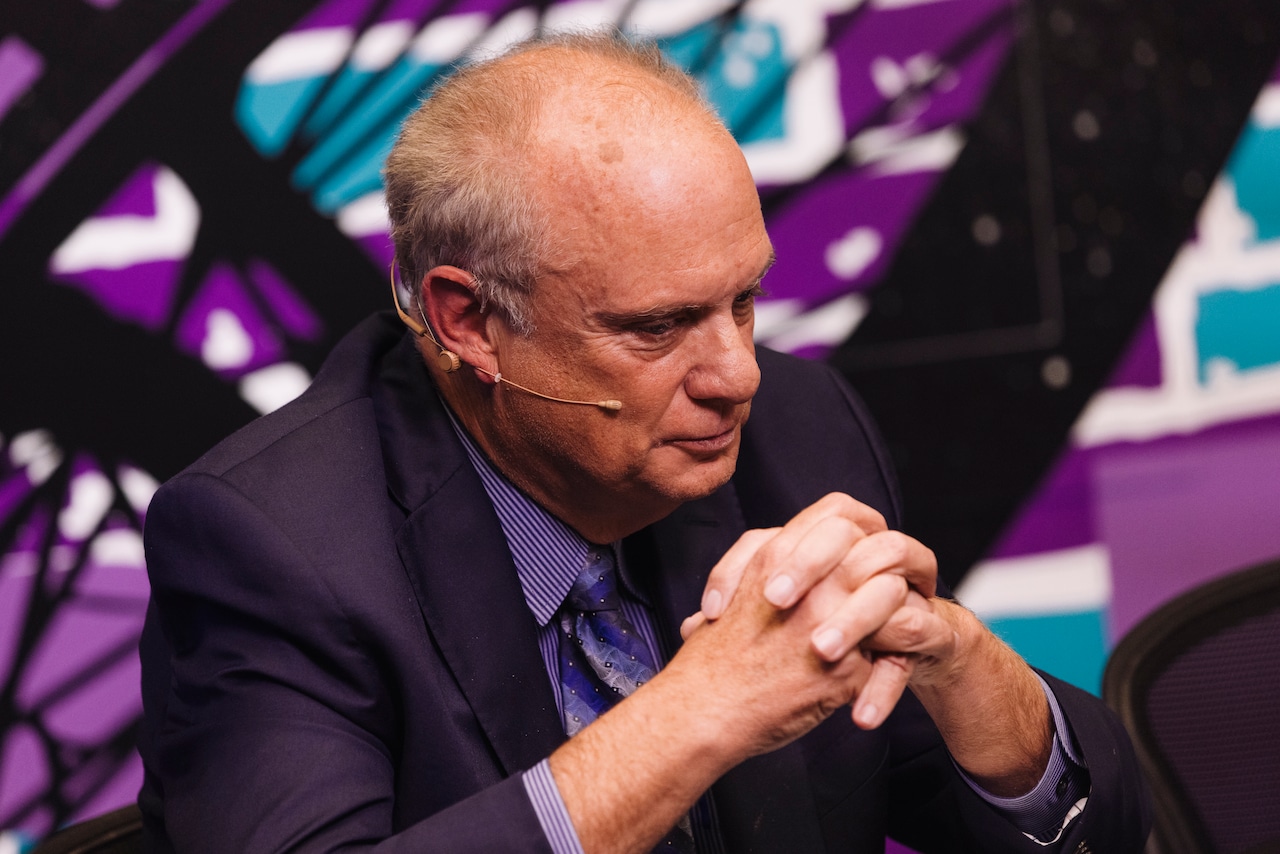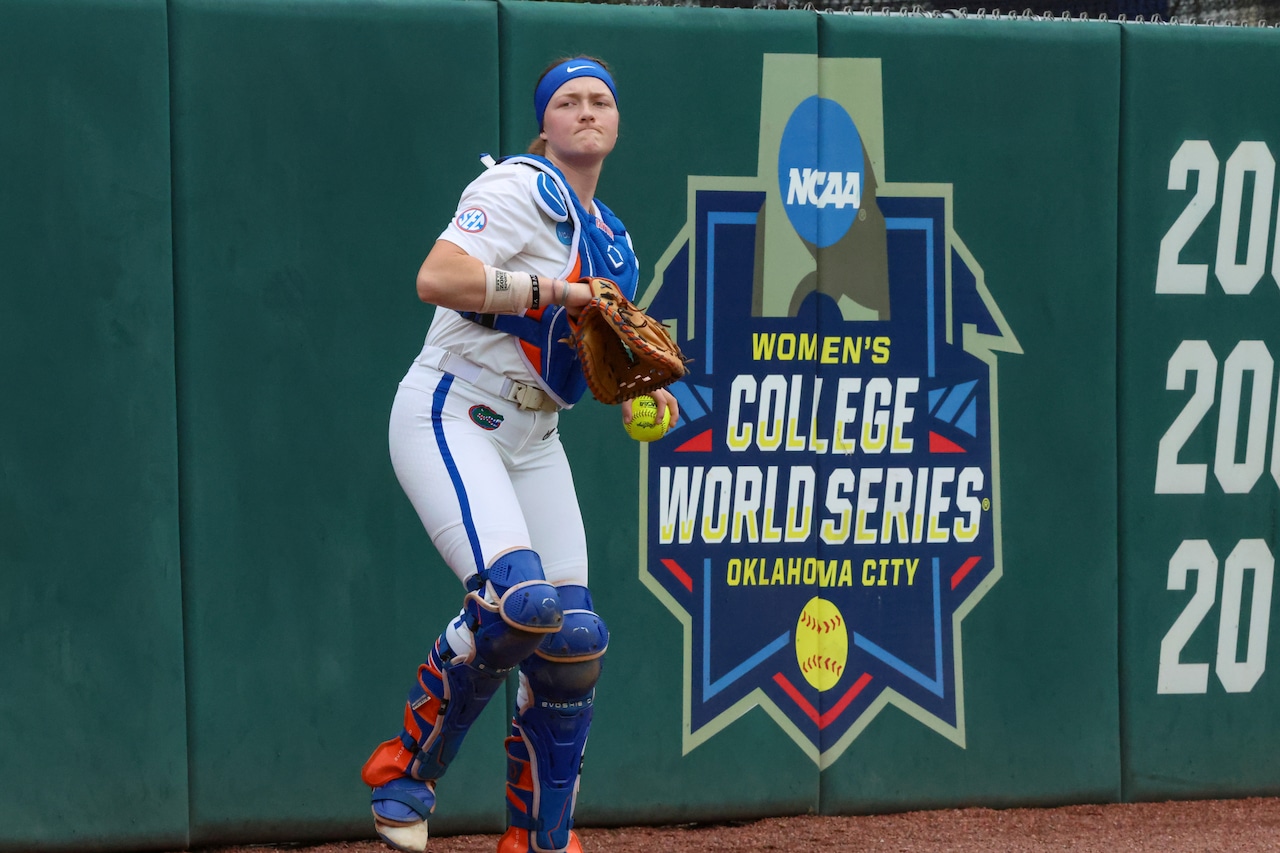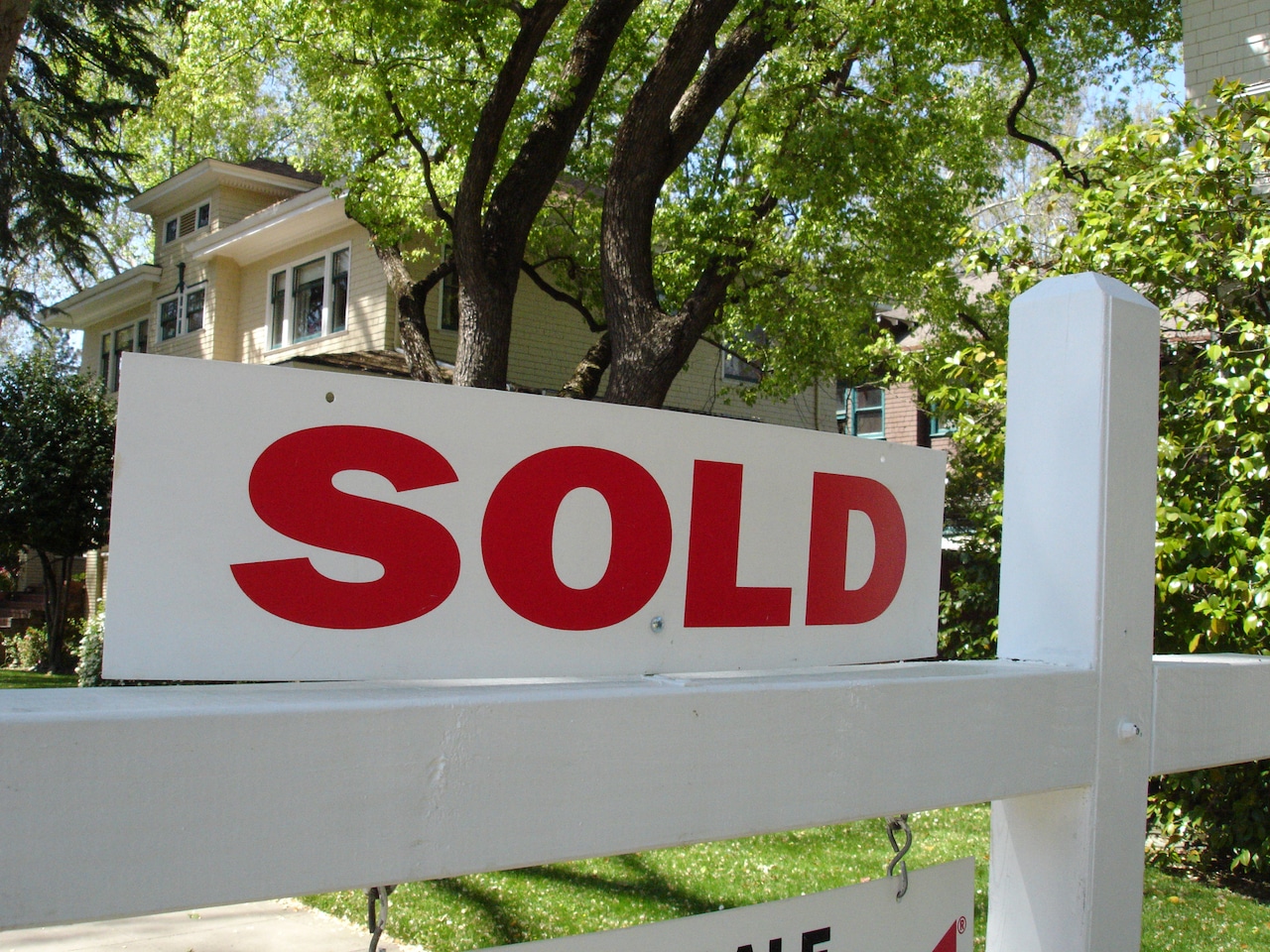
Tufts University is set to issue no-trespass orders to a group of pro-Palestinian protesters who have established an encampment on the academic quad at the school’s campus in Medford after negotiations between student organizers and university leaders broke down.
The deans of the university’s School of Arts and Sciences and its School of Engineering met with student representatives from the protest and a faculty member chosen by demonstrators on multiple occasions Tuesday as officials sought a resolution to the encampment ahead of commencement. But, university officials said protesters refused their offers and “continued to escalate matters” by expanding their encampment on to the academic quad.
The deans presented “several good-faith proposals” to address students concerns, but, officials say, students refused to discuss the proposals and instead demanded an in-person meeting with the president, the chief investment officer, and members of the board of trustees. Tufts was willing to set up such a meeting on the condition that the encampment be disbanded and protesters not disrupt commencement, an officer rejected by protesters. University officials noted the offer remains on the table.
“We continue to do everything within reason to avoid the confrontations seen at other universities. But the encampment needs to end, and Commencement setup needs to begin,” university officials, including President Sunil Kumar, wrote in a message sent to the Tufts community Tuesday.
University leaders said they would issue no-trespass orders to protesters, and that protestors who did not clear the area would be subject to the school’s Community Standards processes and could be suspended or sanctioned in other ways. For seniors, that could mean not participating in senior week activities or Commencement.
“It is our strong desire that it does not come to this, and the protesters choose to leave voluntarily,” the message reads.
Kumar and other senior leaders at Tufts accused the protesters of taking several actions that indicate their desire to see the escalation of the demonstrations, including bringing in protesters with no affiliation to Tufts to “bolster their numbers” and expand the encampment. The presence of outside protesters has raised safety concerns, they said. The protesters also “appropriated and painted furniture” rented by the university for an Earth Day event and have refused to return it.
“They have harassed and intimidated staff as they try to clean areas that were vandalized,” officials said.
The message says that protesters rejected a suggestion to move the encampment to another location on campus to allow the university to prepare for commencement and to enable students to continue to advocate.
Tufts officials say they’ve tried to find common ground with protesters before.
Earlier this year, university officials met with representatives from the Students for Justice in Palestine and the Coalition for Palestinian Liberation after Tufts’ student government passed a series of resolutions calling on the university to take actions like divesting its financial ties to Israel. But, officials say, during those meetings it “quickly became clear” students were uninterested in discussing collective action to support the Palestinian people, and instead sought only acquiescence from Tufts to their demands.
The nationwide campus protests began at Columbia in response to Israel’s offensive in Gaza after Hamas launched a deadly attack on southern Israel on Oct. 7. Militants killed about 1,200 people, most of them civilians, and took roughly 250 hostages. Vowing to stamp out Hamas, Israel has killed more than 34,000 Palestinians in the Gaza Strip, according to the local health ministry.
As cease-fire negotiations appeared to gain steam, it wasn’t clear whether those talks would inspire an easing of protests.
Israel and its supporters have branded the university protests as antisemitic, while Israel’s critics say it uses those allegations to silence opposition. Although some protesters have been caught on camera making antisemitic remarks or violent threats, organizers of the protests, some of whom are Jewish, say it is a peaceful movement aimed at defending Palestinian rights and protesting the war.
Material from the Associated Press was used in this report.






